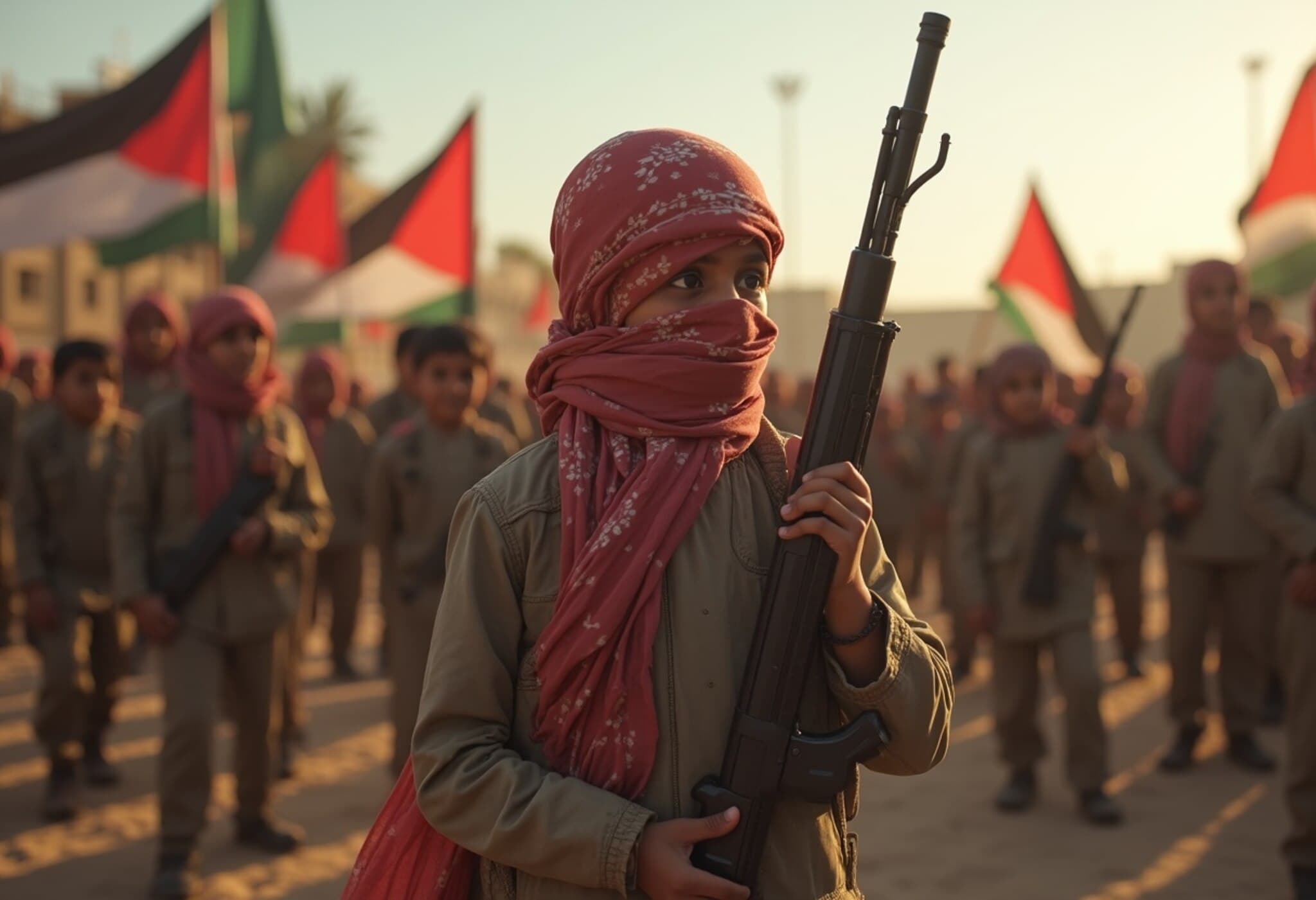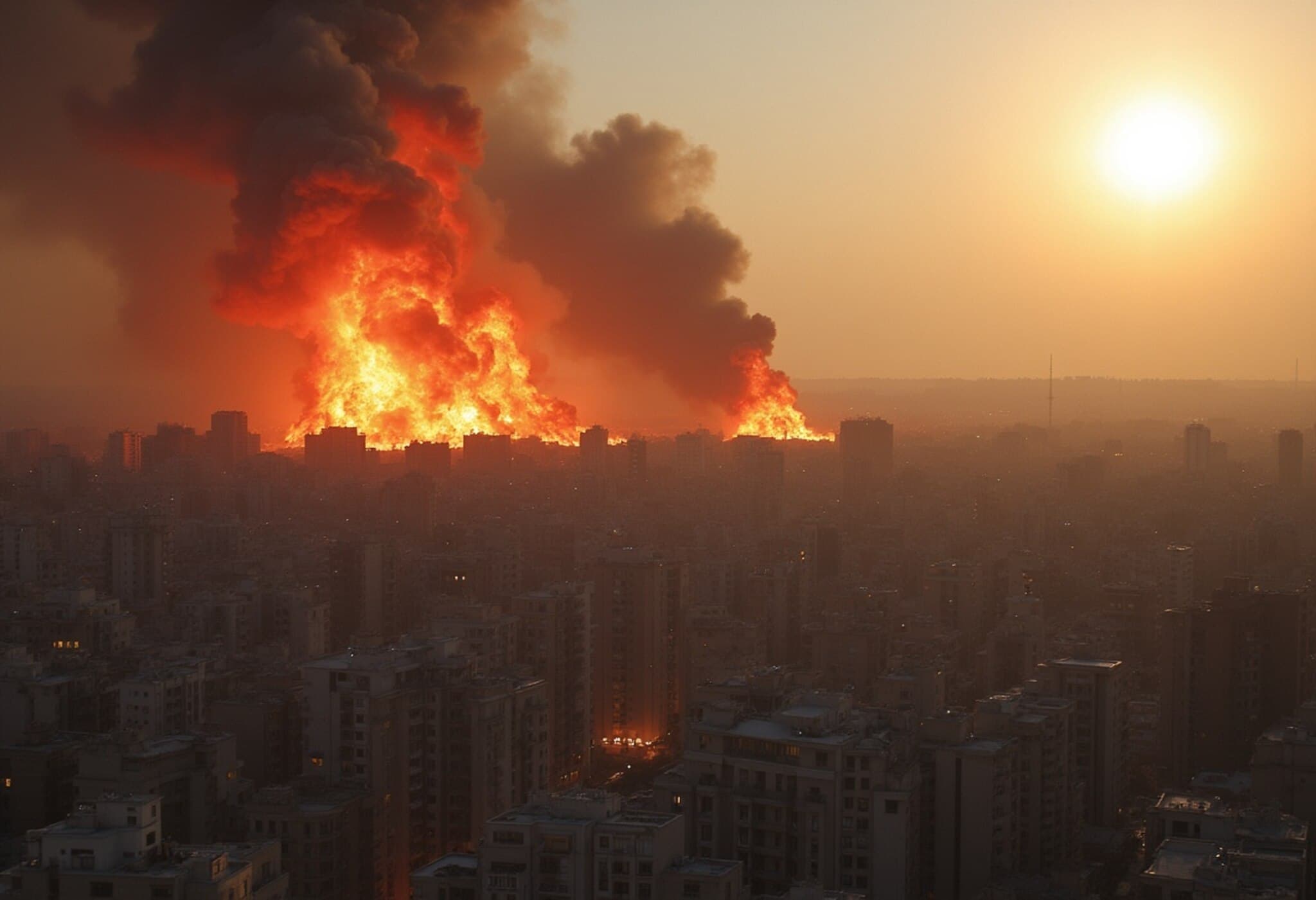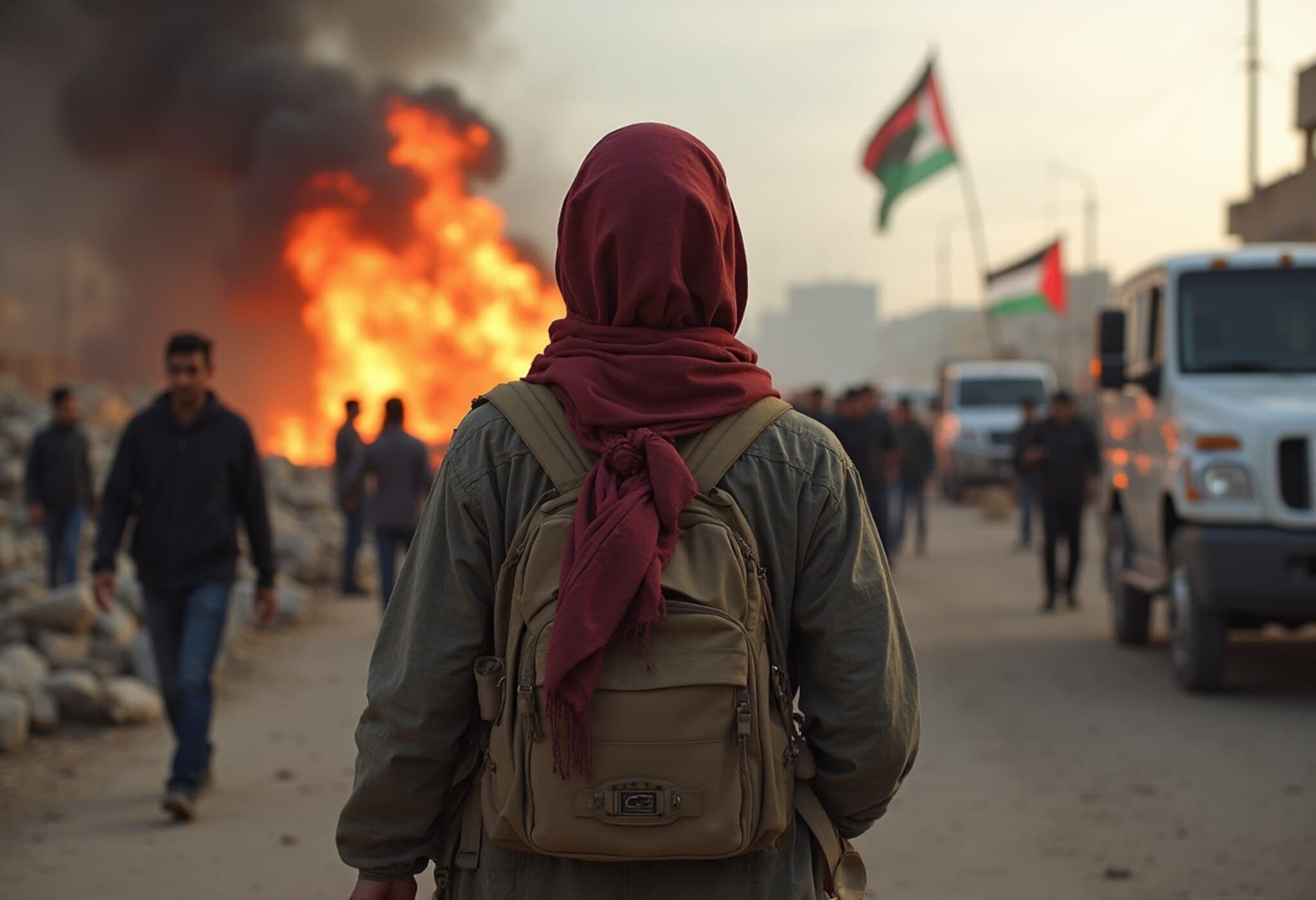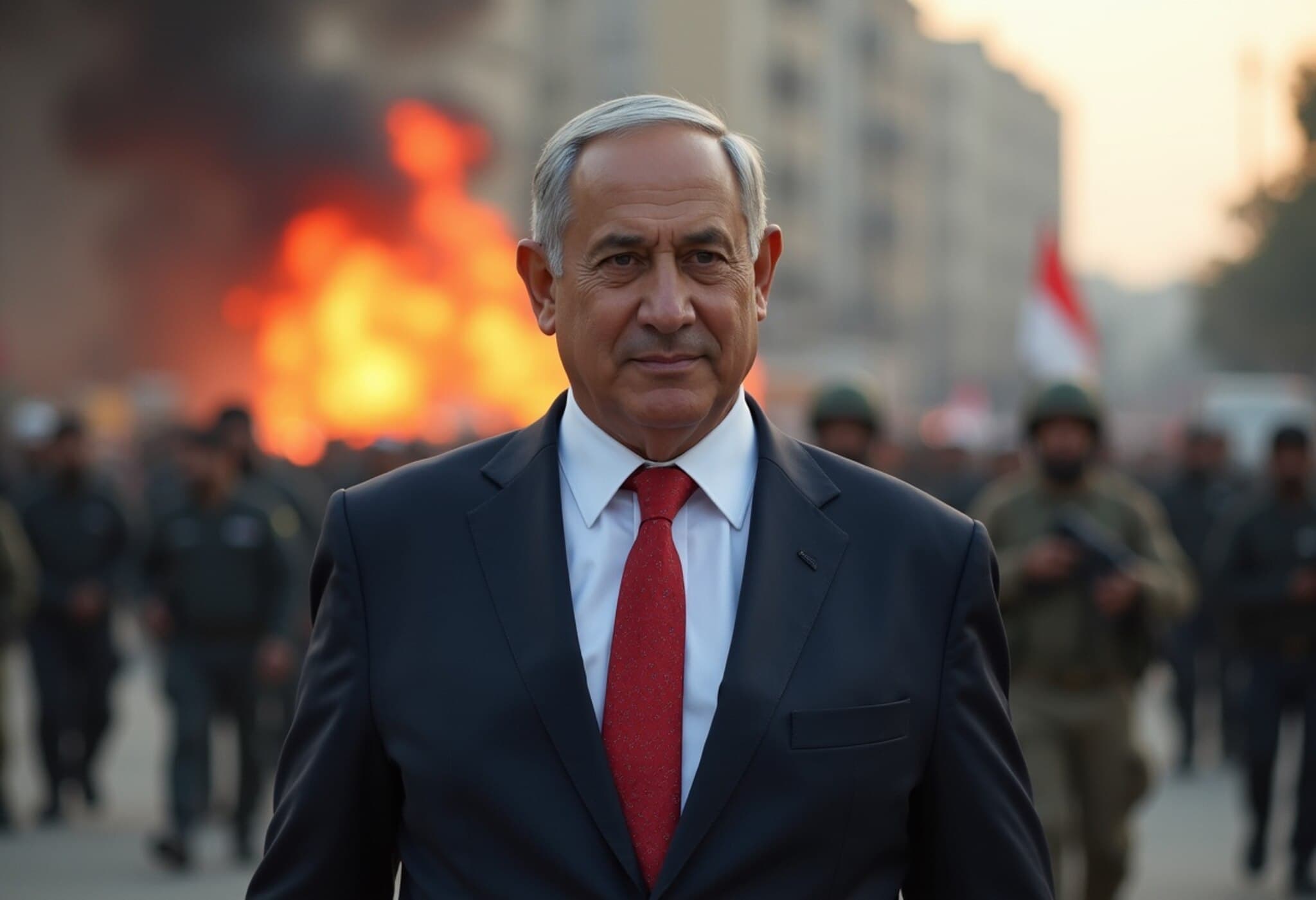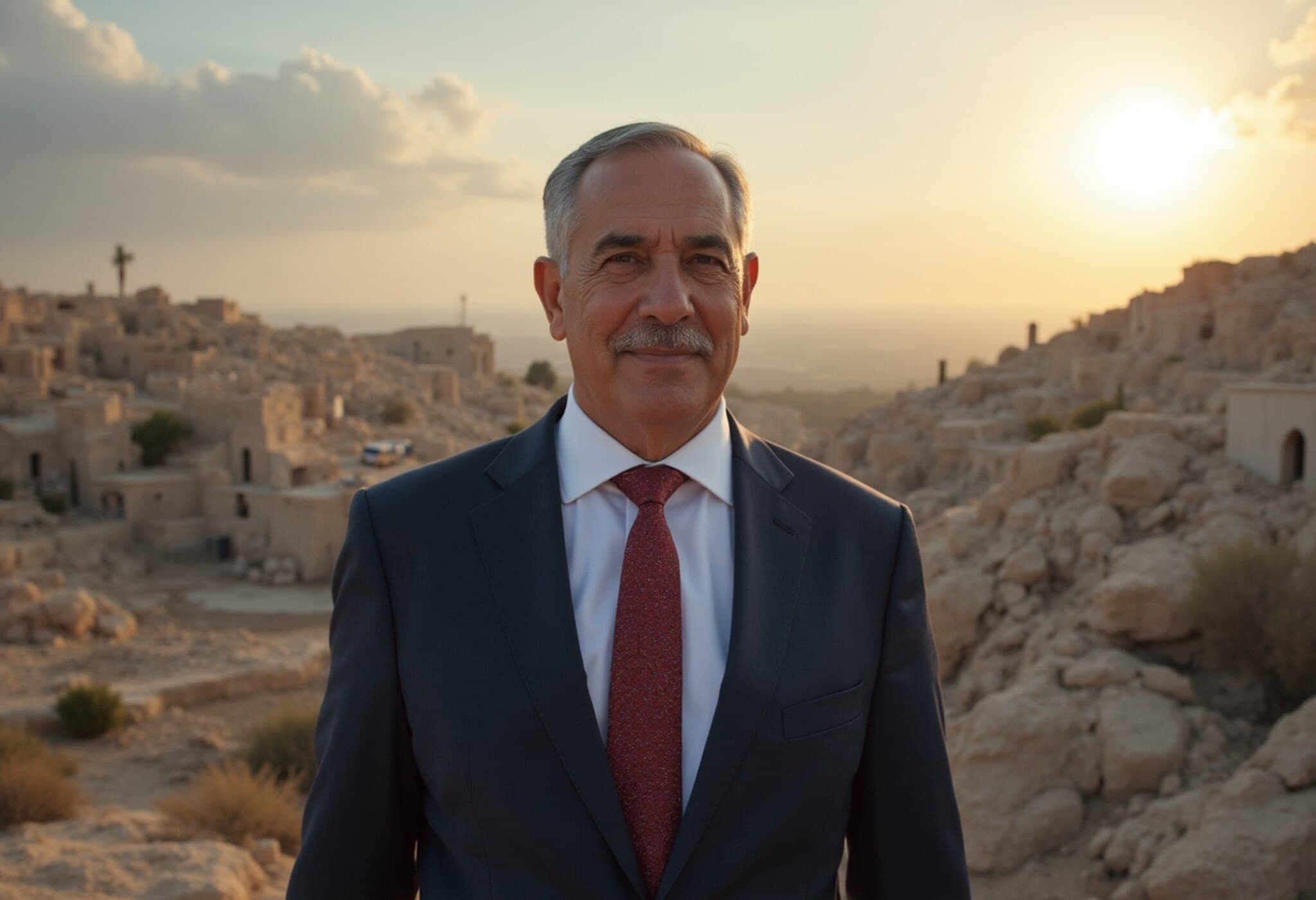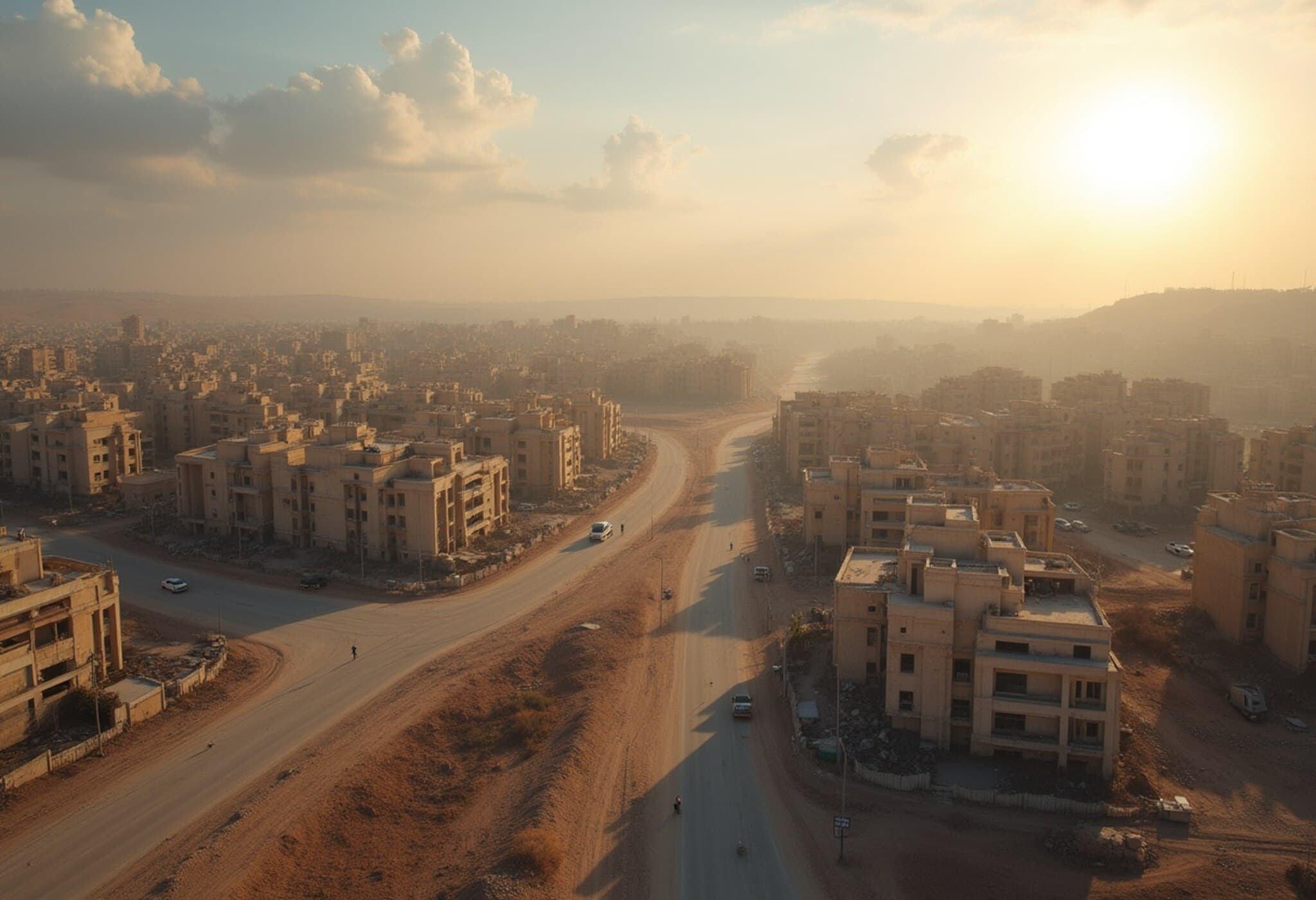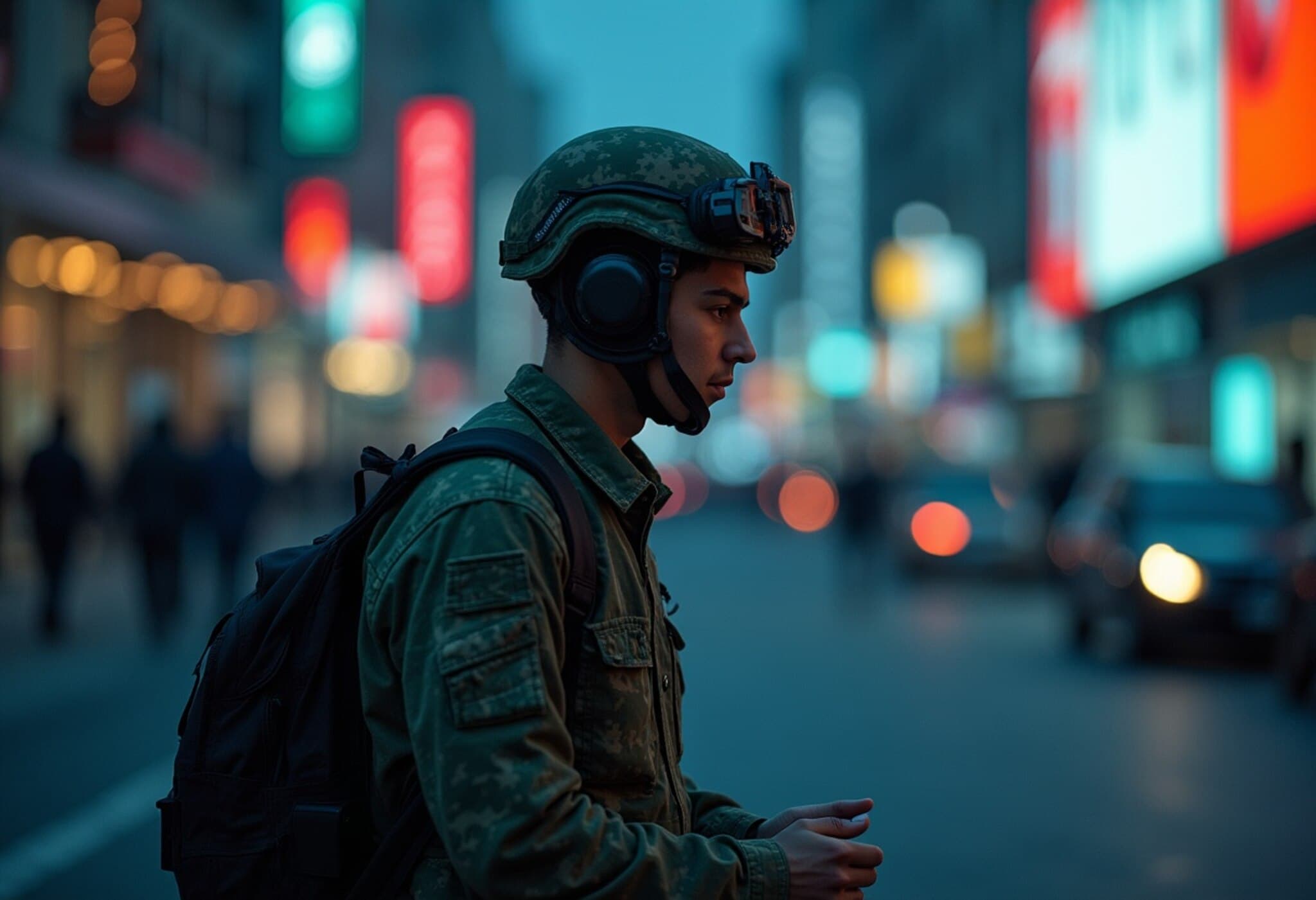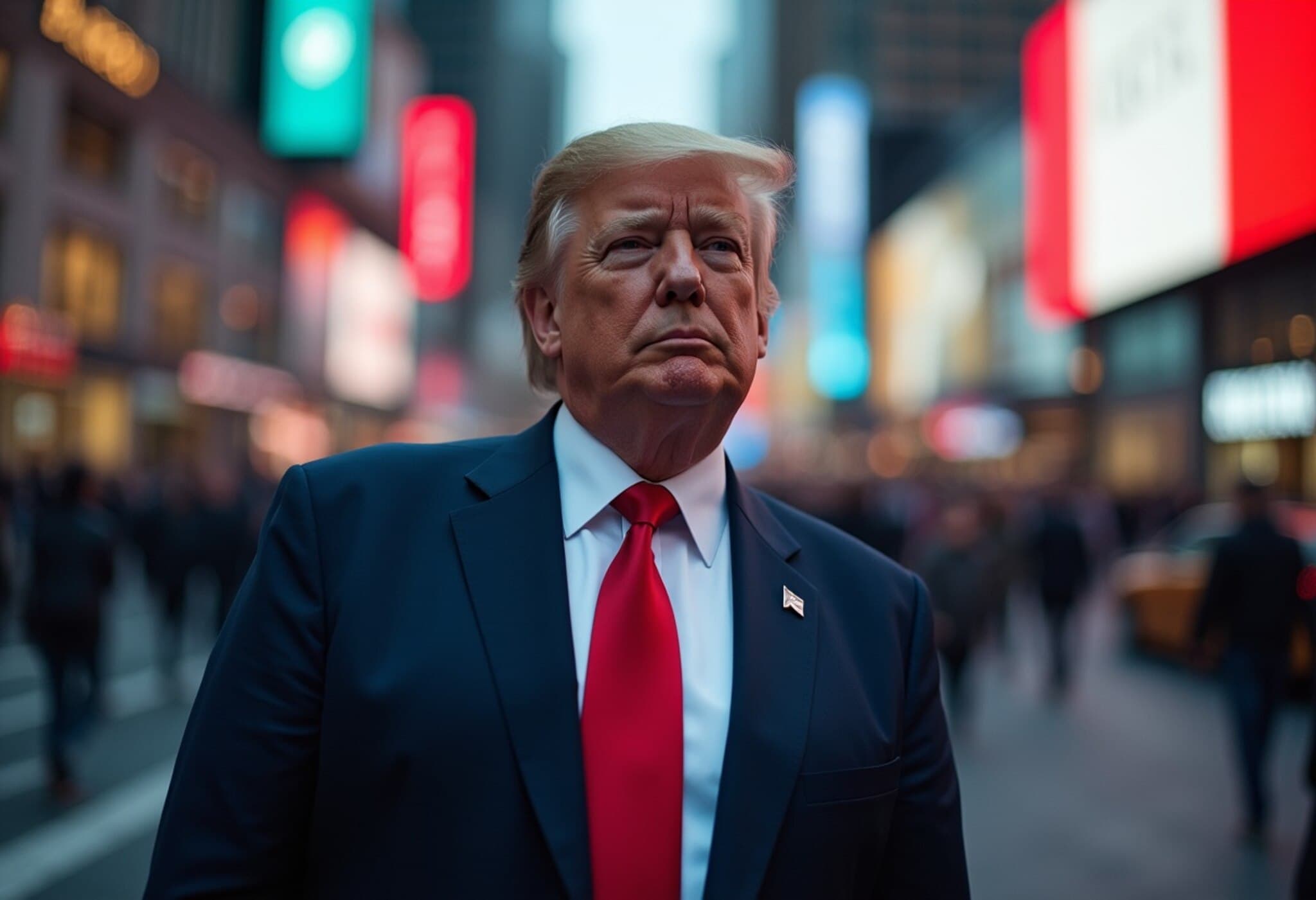Fatah Secretary Muhammad Hamdan’s Controversial Call to Youth at Shechem Camp
In a video that has amplified tensions surrounding the Israeli-Palestinian conflict, Fatah Secretary Muhammad Hamdan was recorded urging children at a summer camp in Shechem (Nablus) to prepare themselves to become future fighters against Israel. The footage, translated and disseminated by the Middle East Media Research Institute (MEMRI), has ignited widespread condemnation from human rights advocates, international observers, and policymakers.
Setting the Scene: Shechem’s Symbolic Weight
Located in the West Bank, Shechem—commonly known as Nablus—is a city with deep historical and political significance, often at the epicenter of Israeli-Palestinian tensions. By addressing young minds in this charged environment, the call to arms assumes heightened symbolic importance. Experts note this strategic messaging could be aimed at fostering a generation influenced by the ongoing conflict narratives.
Key Points from Hamdan’s Message
- Hamdan explicitly calls for children to envision themselves as future combatants, intertwining childhood education with militant preparation.
- The summer camp—traditionally a setting for recreation and community building—was repurposed as a platform to inculcate armed resistance ethos.
- This appeal comes amidst an escalating humanitarian crisis in Gaza and the West Bank, which has deeply affected local families and youth.
Broader Implications: Ethics, International Law, and Child Welfare
The use of political platforms to encourage youth participation in armed conflict violates established international legal frameworks, including the United Nations Convention on the Rights of the Child, which prohibits recruitment and use of children in hostilities.
Child rights organizations warn that such rhetoric risks normalizing violence for impressionable minors, potentially causing long-term psychological trauma and perpetuating cycles of conflict.
Expert Commentary: What This Means for Regional Stability
Dr. Leah Friedman, a Middle East policy analyst based in Washington, D.C., observes, "Entwining children in the narrative of conflict through public figures not only undermines peace efforts but entrenches generational divides. The ethics of using youth as instruments in political strife is deeply troubling and counterproductive to lasting security."
Moreover, the international community is faced with challenging questions about how to enforce protections in conflict zones where authority and education are often intertwined with militant objectives.
Underreported Narratives and Critical Questions
- What support systems exist for Palestinian children subjected to these pressures, and how can psychological aid be expanded?
- To what extent are summer camps and cultural programs in conflict zones co-opted for political indoctrination?
- How can global diplomatic efforts address youth militarization without exacerbating hostilities?
Conclusion: Navigating a Complex and Sensitive Reality
The viral video of Muhammad Hamdan challenging children to embrace a future in conflict zones highlights the painful realities facing many Palestinian youths today. It underscores the urgent need for international dialogue focused on child protection, peace education, and breaking the cycles of violence that jeopardize generations.
Editor’s Note
This incident sheds light on the intricate crossroads between politics, education, and childhood in regions plagued by long-term conflicts. As viewers and policymakers grapple with these complex issues, the real question remains: How can the voices and rights of children be safeguarded amid entrenched geopolitical struggles? This story invites reflection on the profound human costs of conflict and the vital importance of nurturing hope and peace for future generations.

